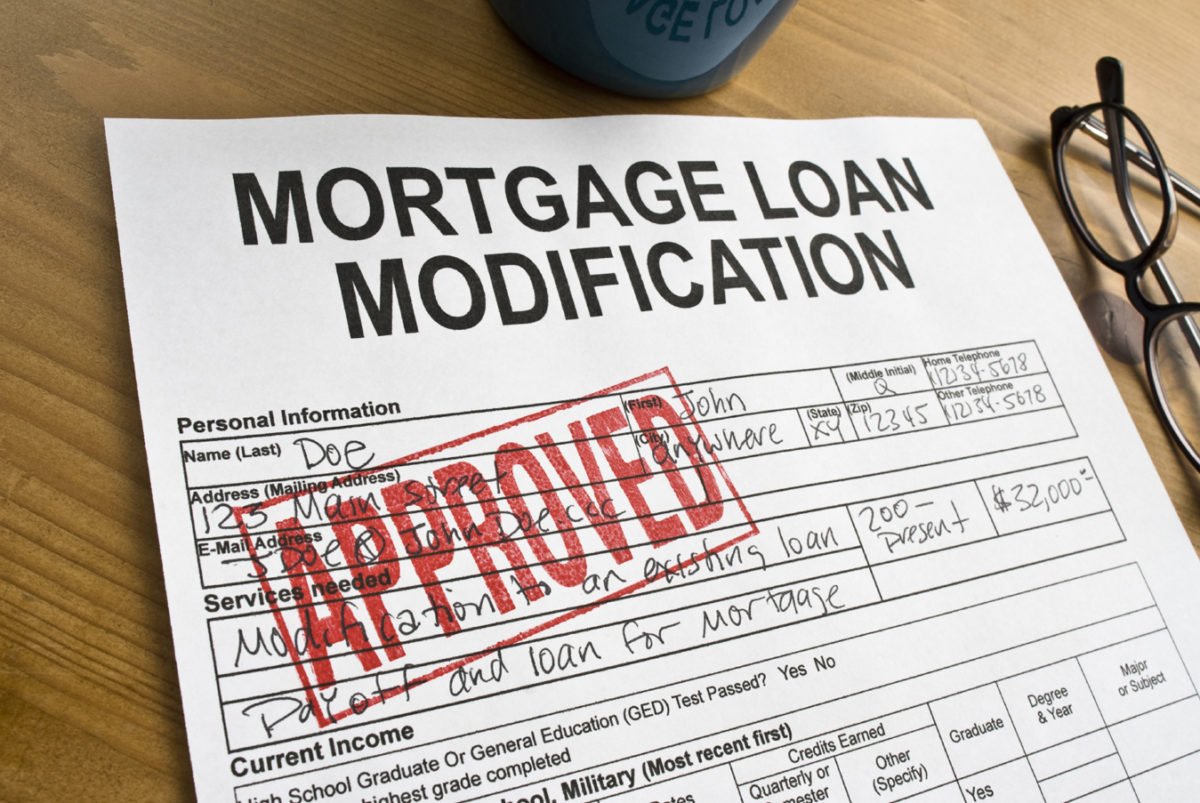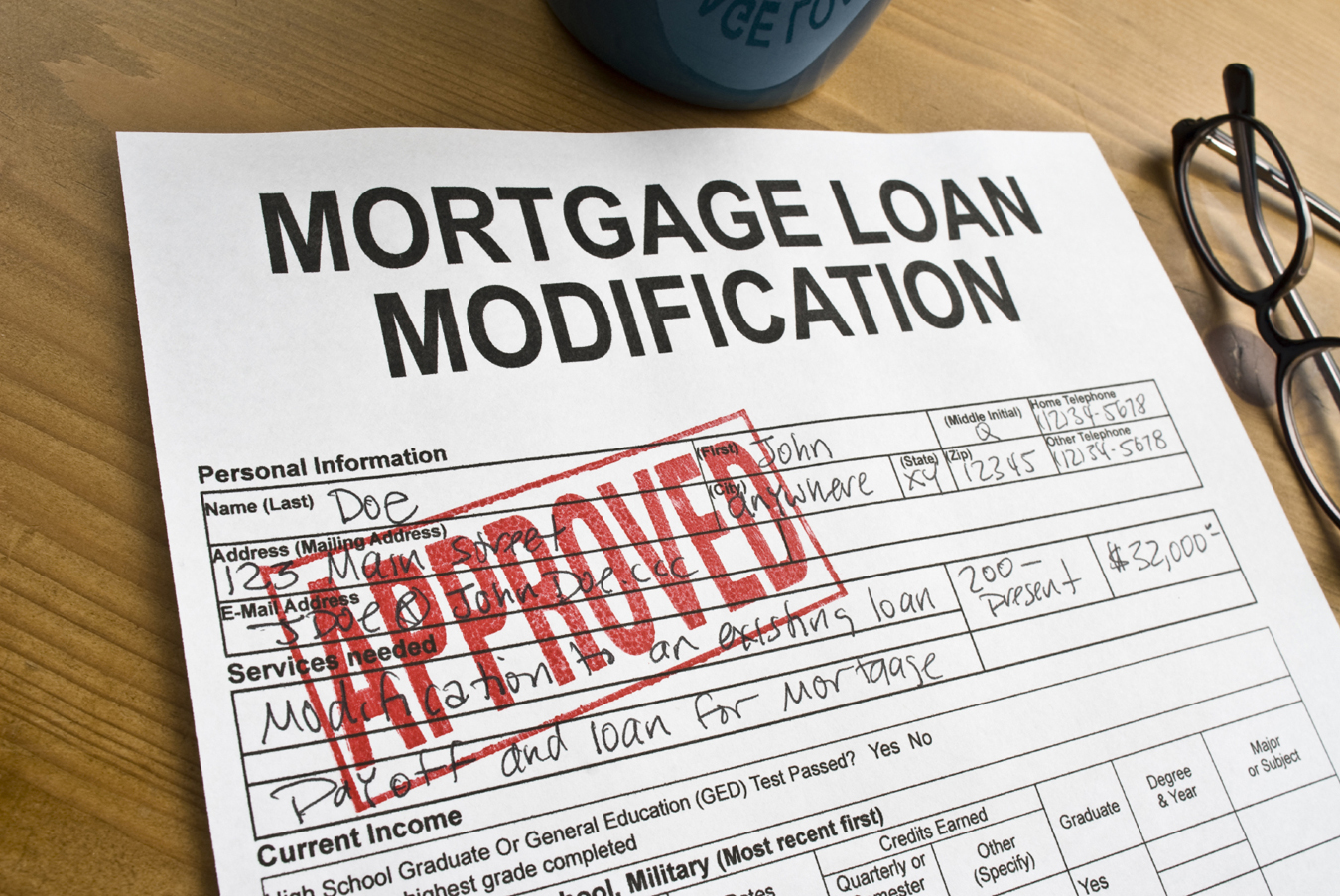
A loan modification is an excellent option for those who do not believe that they will be able to afford their monthly payments, but who may be able to avoid defaulting if they have lower monthly payments. If it seems likely that the homeowner will default, it might seem like an obvious, better option for the homeowner to get a loan modification. However, there are many homeowners who end up defaulting even when they receive a loan modification.

Net Present Value Formulas Help Homeowners Determine Whether They Should Get A Loan Modification
Fortunately, using the net present value formula will make it easier for homeowners to determine whether they would benefit from a loan modification, especially since the formula comes with an estimate of the likelihood that the homeowner will default. The formula will also estimate the number of months before the homeowner is likely to default again, the likelihood that the homeowner will catch up on payments even if he or she does not modify the loan, how much the home is currently worth, how much it would cost in legal fees to foreclose and take possession of a home, and how much a home would fetch in a foreclosure sale.
Great Loan Modifications Are Rare
Lenders often follow federal guidelines when determining whether they should modify a loan. One of the requirements is that the loan payment should be 33% or less of your income. It must also be possible to adjust the loan term so that the borrower pays off the loan for a longer time period. If it is not possible to lower the payment enough when carrying out these actions, it may be necessary for the lender to forgive a portion of the loan. Also, some loan modifications extend the terms to such a degree that the borrower will be paying off the loan for the rest of his or her life, ending retirement plans.
Principal Forgiveness
The best beneficial form of loan modification is a principal forgiveness. However, this is also a type of loan modification that is the rarest. What is more common is to provide a homeowner with a temporary loan modification while the bank tries to determine the permanent loan modification. This process can take a long time and it will not stop the foreclosure process. The problem is that a loan modification does not necessarily stop the foreclosure process. While you are discussing the loan modification with the lender, they are not necessarily stopping their foreclosure proceedings. In the most extreme cases, homeowners have been told that they were not approved of a loan modification and were also given a date for the home auction.
Payments Can Balloon
Homeowners should pay close attention to the terms of their loans after seeking a loan modification program. Some loans have terms that can cause payments to balloon to a much large payment after a temporary period of lower payments has passed. This only provides temporary relief and delays the inevitable.
Make It Clear That You Intend To Remain In Your Home
Homeowners who are determined to remain in their homes should make it clear that they intend to do so. For instance, a homeowner who needs to remain in his or her home in order to visit and care for a loved one should make this clear. There are charities available that can assist homeowners in temporary assistance until they are able to make adjustments to their finances to be able to afford staying in their homes. Struggling homeowners should consult with a non-profit housing authority to write a compelling hardship letter.

Leave Your Comments